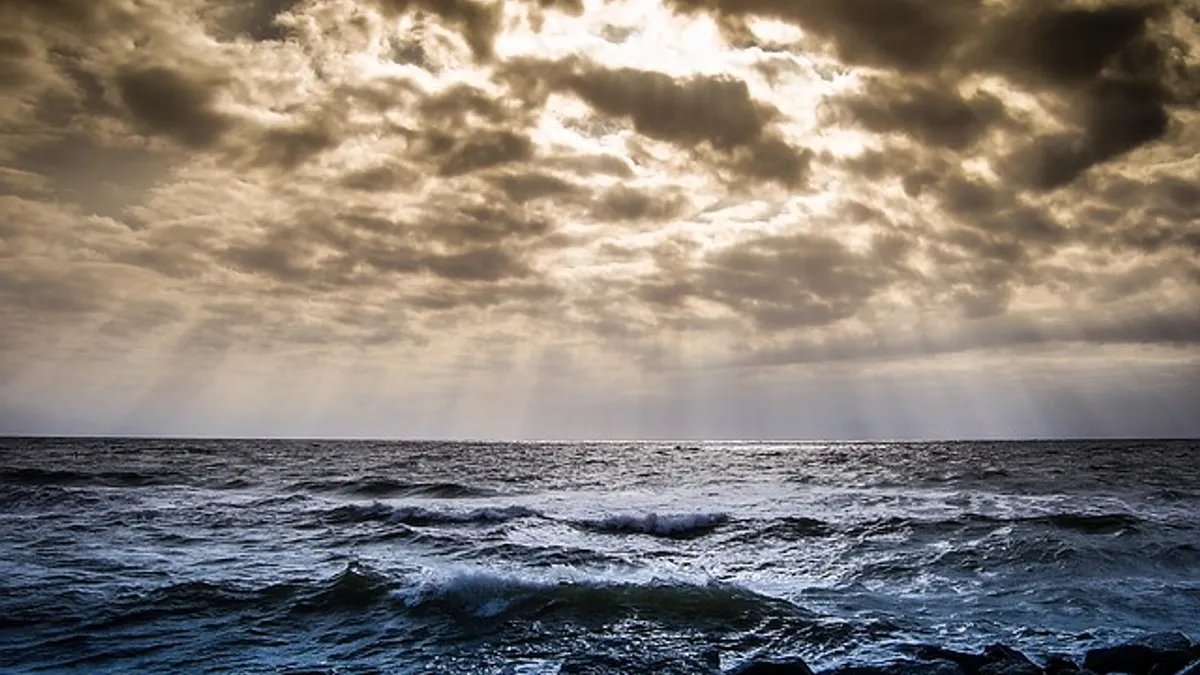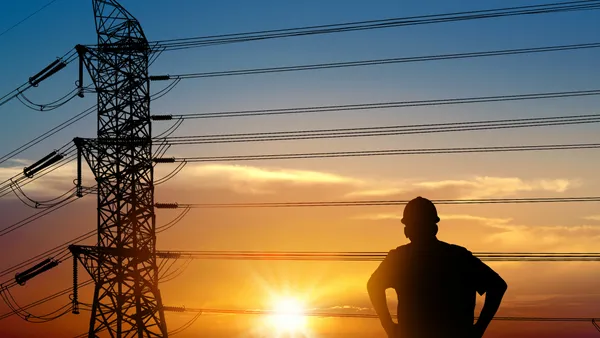Dive Brief:
-
Canadian company Hydrostor is looking to sign contracts valued at up to $1 billion as it seeks to replace U.S. peaking plants with its compressed air technology, according to press reports.
-
The company with its partner, construction company AECOM, says it is targeting decommissioned peaking power over the next two or three years.
- The partners are mostly looking at coal-fired plants of at least 100 MW that either shut down in 2016 or are scheduled to shut down this year.
Dive Insight:
Hydrostor unveiled its underwater storage system in 2015. The technology uses energy during periods of low demand to compress air in underwater balloons that can be deflated with the aid of water pressure to generate power at times of high demand.
Hydrostor began a two year pilot of its technology in Lake Ontario in November 2015 with Canadian utility Toronto Hydro.
"We are now by far the lowest cost storage solution, we can be built at scale, we've got our partnerships in place and we're going to start marketing it here in the next month or two," Curtis VanWalleghem, Hydrostor's CEO said in a statement.
VanWalleghem said Hydrostor's capital cost is between $1,000/kW and $2,000/kW, making the technology comparable to the cost of a new gas-fired plant, but with lower operating and maintenance costs.
So far, Hydrostor has only built or contracted for projects of less than 2 MW, but it says it can build facilities of up to 200 MW.
Researchers at the Fraunhofer Institute in Germany unveiled plans to test a similar system last summer, saying they expect the technology could deliver electricity at a levelized cost of between $50/MWh and $230/MWh













